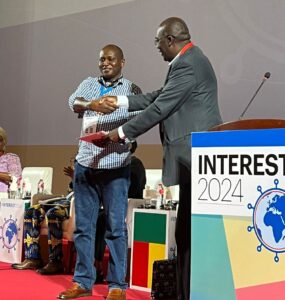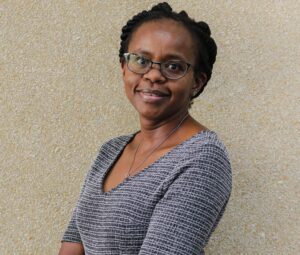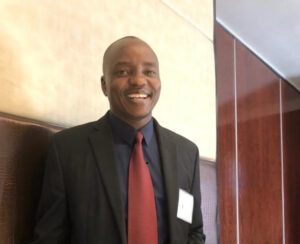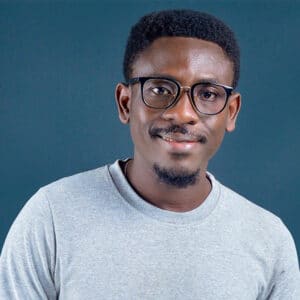Justin Kumala, a CARTA fellow at the University of the Witwatersrand was involved in organizing the recent Joint Advanced Seminar (JAS) 2. He talks to us about the planning process, what is expected by and of the fellows, and what it took to organize it virtually.
What was involved in planning and preparing for the joint advanced seminar two this year? What was your role?
It took virtual meetings, back and forth emails, University IT support, and many phone calls amongst team members and university personnel. This year’s JAS 2 was unique as it would be the first one to be run virtually. It called for a lot of testing and adjusting on our part to ascertain readiness. I have been privileged to participate in the planning of JAS 2 at Wits since 2017, and every JAS has been unique. This time around, there was a lot of teleconferencing than perhaps in all those years combined. A lot of uncertainty, too, as one might expect of all things where technology is central.
What do you hope that the fellows will get out of it? Do you think you were successful as an organizer?
After JAS 2, fellows would have a good sense of direction for their planned research and can prepare for implementation. As organizers, we wanted to see that every fellow got the support they needed to refine their PhD research idea. Having participated in JAS 2, I can relate and have witnessed firsthand what it sometimes means to feel lost, confused, or lack of direction. JAS 2 was designed to deal with that. We hoped that fellows would emerge with a clear and more coherent summary of their planned research by the end. I think we achieved that.
What were the challenges of planning a seminar online, and what are the lessons you drew from the whole process?
Internet dropouts, electricity load shedding, sometimes a slow computer, and the experience of working from home were all part of the process. However, it was an enjoyable experience for the more significant part.
Previously, I have sat in JAS planning meetings that sometimes took a whole day, notwithstanding the weeks and months of sit-in planning events. One thing that I have certainly taken away this year is that you do not have to be physically present to contribute to the JAS seminars, whether through logistical planning or facilitation. We all never sat at one place together and yet still delivered.
So, I think everyone can contribute to these seminars somehow, and as one who has been through the process, it makes the interaction much more meaningful to those just coming in. I can undoubtedly encourage CARTA to involve more fellows in this process.




